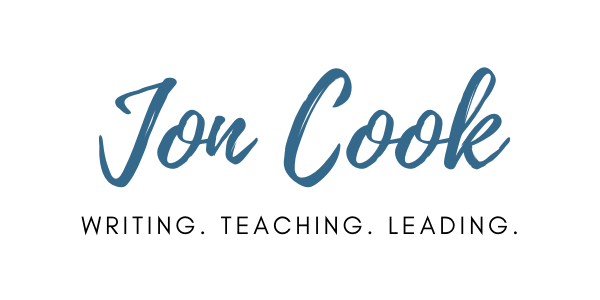At least once a week people mention to me they wish they could be more productive.
I intentionally schedule in fifteen minutes at the end of every work day to triage the next day and ask myself three questions. I first came across these questions a few years ago and they have revolutionized how I see my productivity.
- What do I need to stop doing?
- What do I need to keep doing?
- What do I need to start doing?
Forbes.com has an exceptional article on these three areas: stop, keep, and start. CEOs, entrepreneurs, a wide variety of leaders ask themselves these questions. All. the. time. It’s a never-ending, always-striving exercise to continue improving your productivity.
 The best person to answer these questions is yourself. Other people can share their perspective into your situation. In fact, I highly recommend you ask those closest to you that you know and trust to get their input. It still comes down to how you personally answer these questions.
The best person to answer these questions is yourself. Other people can share their perspective into your situation. In fact, I highly recommend you ask those closest to you that you know and trust to get their input. It still comes down to how you personally answer these questions.
What do I need to stop doing?
This may be the easiest question to answer. We all have things we want to dump off our plate of responsibility. Identifying those time-wasters or the good but not great time commitments we’ve made is one of the easiest ways to clear your schedule.
Bob Goff’s advice is to quit at least one thing every Thursday. It doesn’t have to be a big commitment, maybe it’s something seemingly small, like stop watching one of your seventeen TV shows. Whatever you choose to stop doing, make it a point to clear your life for new opportunities.
If you absolutely don’t have to do it, or it’s not essential to your everyday success, get rid of it.
What do I need to keep doing?
These are the non-negotiables: ya gotta do ’em. This is your job, your spouse, your kids, anything that’s essential to a healthy lifestyle. If you’re not sure what might be essential, you should consider these essentials:
- Sleep – Studies have shown that getting less than six hours of sleep a night for two weeks or more is the equivalent to drunk driving. ‘Nuff said.
- Exercise – You either make exercise a priority now, or your body makes your health a demand in the future. Besides the obvious physical benefits, stress relief and mental clarity are just a few of the other many benefits.
- Meals – Good, healthy meals are essential to your long-term health. Don’t sacrifice meals on the altar of “Gotta get things done!” Our bodies and minds function significantly better when we’re well fed.
- Community – We were created to be in community. Don’t isolate yourself from others around you. People who isolate themselves from regular (read: weekly) community interaction suffer higher health risks, greater effect of depression and anxiety, and a much lower outlook on life.
What do I need to start doing?
There are new opportunities you get to embrace with a less-cluttered schedule. By clearing your schedule, you create enough margin to say yes to better opportunities. Numerous CEOs and other high-level leaders say they say no to virtually everything so they can say yes to really good opportunities when possible. This automatically skyrockets the value of your schedule when you first ruthlessly value your time.
Increasing your productivity isn’t just an efficiency hack; it’s a better way to leverage your God-given time each day into intentional stewardship. Exceptional productivity is a great part of creating a legacy where God will say, “Well done, good and faithful servant.”
